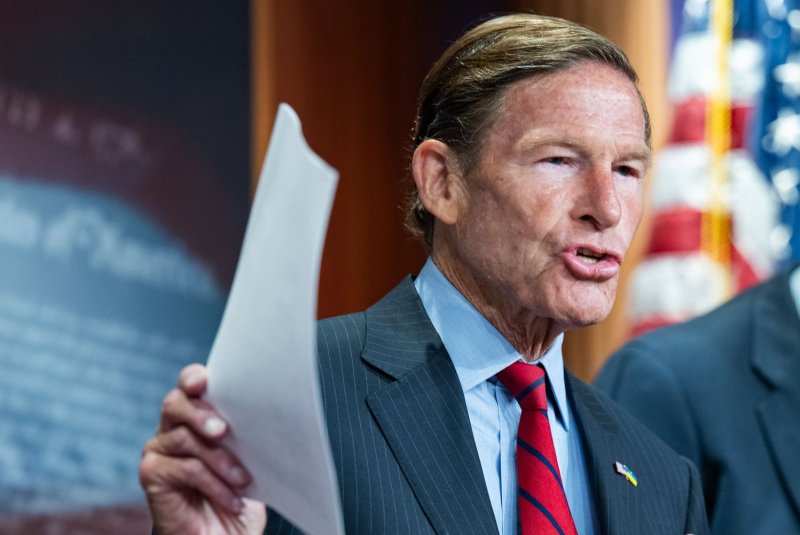Even though Biden promised $11.4 billion, the Senate spending measure only included less than $1 billion in climate assistance for developing countries.
After Congress only provided a small portion of the funding pledged by US President Joe Biden to assist “poorer nations” in adapting to storms, floods, and droughts that are getting worse, the US has run the risk of alienating developing countries that are being struck hardest by the climate crisis.
To mitigate the effects of climate change and support their transition to renewable energy, Biden pledged $11.4 billion annually for developing nations, but less than $1 billion in climate assistance is included in the massive $1.7 trillion spending measure voted by the Senate on Thursday.
The plan, which is anticipated to pass the House and be signed by the president, includes $260 million in renewable energy investment for Africa and $270 million for adaptation projects, mostly for nations in Asia and the Pacific islands. $185 million more will be spent on “sustainable landscapes programs”.
The failure to so far meet Biden’s pledge risks undermining the White House’s insistence that the US is committed to helping deal with the fallout of a climate crisis that it is a leading instigator of, through its huge historical and ongoing greenhouse gas emissions. Developing countries will need anything from $340bn to $2tn a year by 2030, according to various studies, to cope with the cascading impacts of global heating.
The US’ fair contribution to climate aid, according to Saleemul Huq, director of the International Centre for Climate Change and Development, is significantly greater than even what Biden committed. Therefore, he continued, “one billion is an insult to underdeveloped countries.” The meager commitment of just $1 billion to help poor nations is disheartening.
John Kerry, the United States climate envoy, was sent to lobby Congress during the Biden administration, which had prioritized climate investment.
Both Biden and Kerry claimed that the US will increase its support while at the UN COP27 climate negotiations in Egypt last month.
According to US officials, the help is to be provided by 2024, and funding may come from sources other than direct payments from Congress. But after Republicans, who have largely rejected the idea of providing additional aid for climate damage, take control of the House of Representatives in January, the chances of doing so become far less likely.
Al Mayadeen English
Tags:US reneges on money




